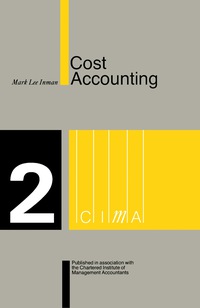Answered step by step
Verified Expert Solution
Question
1 Approved Answer
To the best of your knowledge which one is correct Question 3 Question 2 Theft redistributes resources in a way that violates Pareto optimality. The
To the best of your knowledge which one is correct

Question 3

Question 2 Theft redistributes resources in a way that violates Pareto optimality. The account of efficiency offered by Pareto says that a given policy, action, or allocation of resources should have which effect among the following? Stristpiste Improve the welfare of at least some. Improve the aggregated welfare of the group. None of these answers are correct. Improve the welfare of at least some without diminishing the welfare of anyone. A 19th Century proponent of railroad interests, Richard Olney, once said about a Federal regulatory commission set up with the proclaimed goal of ending monopolistic activity in the railroad industry: Sb"The commission.... is or can be made, of great use to the railroads. It satisfies the popular clamor for a government supervision of the railroads, at the same time that supervision is almost entirely nominal. Further, the older such a commission gets to be, the more inclined it will be found to take the business and railroad view of things... The part of wisdom is not to destroy the commission, but to utilize it."Striste. This example best illustrates which phenomenon? SPISEPASEP Tax credits and subsidies Chartered monopoly Regulatory capture Bailouts Question 4 What is the mistake in the following argument? 1. In a range of circumstances, a market constrained by regulatory policies administered by morally and informationally perfect people would produce better outcomes than that market free of any regulatory policies. 2. In those circumstances, actually implementing those regulatory policies administered by morally and informationally perfect people would produce better outcomes than that market free of any regulatory policies. 3. Therefore, we should implement the regulatory policies. It neglects Gordon Gekko's proof that greed is always and everywhere good. None of these answers are correct. It neglects to account for the outcomes of the regulatory policies when administered by morally and informationally imperfect people (that is, real people), and so commits the unicorn fallacy. Premise 1. is always false
Step by Step Solution
There are 3 Steps involved in it
Step: 1

Get Instant Access to Expert-Tailored Solutions
See step-by-step solutions with expert insights and AI powered tools for academic success
Step: 2

Step: 3

Ace Your Homework with AI
Get the answers you need in no time with our AI-driven, step-by-step assistance
Get Started


